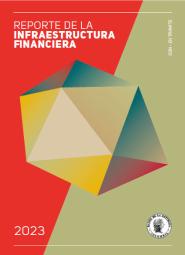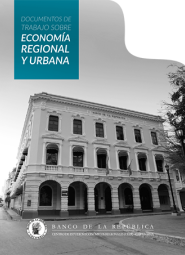Changes in GDP’s measurement error volatility and response of the monetary policy rate: two approaches
La serie Borradores de Economía es una publicación de la Subgerencia de Estudios Económicos del Banco de la República. Los trabajos son de carácter provisional, las opiniones y posibles errores son responsabilidad exclusiva del autor y sus contenidos no comprometen al Banco de la República ni a su Junta Directiva.
Using a stylized model in which output is measured with error, we derive the optimal policy response to the demand shock signal and to changes in the measurement error volatility from two different perspectives: the minimization of the expected loss (from which we derive the ‘standard’ policy) and the minimization of the maximum possible loss across all potential scenarios (from which we derive the ‘prudent’ or ‘robust’ policy). We find that: 1. the prudent policymaker reacts more aggressively to the shock signal than the standard one and 2. while the standard policymaker always mitigates her reaction if the measurement error volatility rises, the prudent one may even increase her response if her risk aversion is very high. When we incorporate forward-looking expectations, the second result is preserved but, in this case, the prudent policymaker is less aggressive than the standard one in responding to the shock signal.
The views expressed in the paper are those of the authors and do not represent those of the Banco de la República or its Board of Directors.





















































